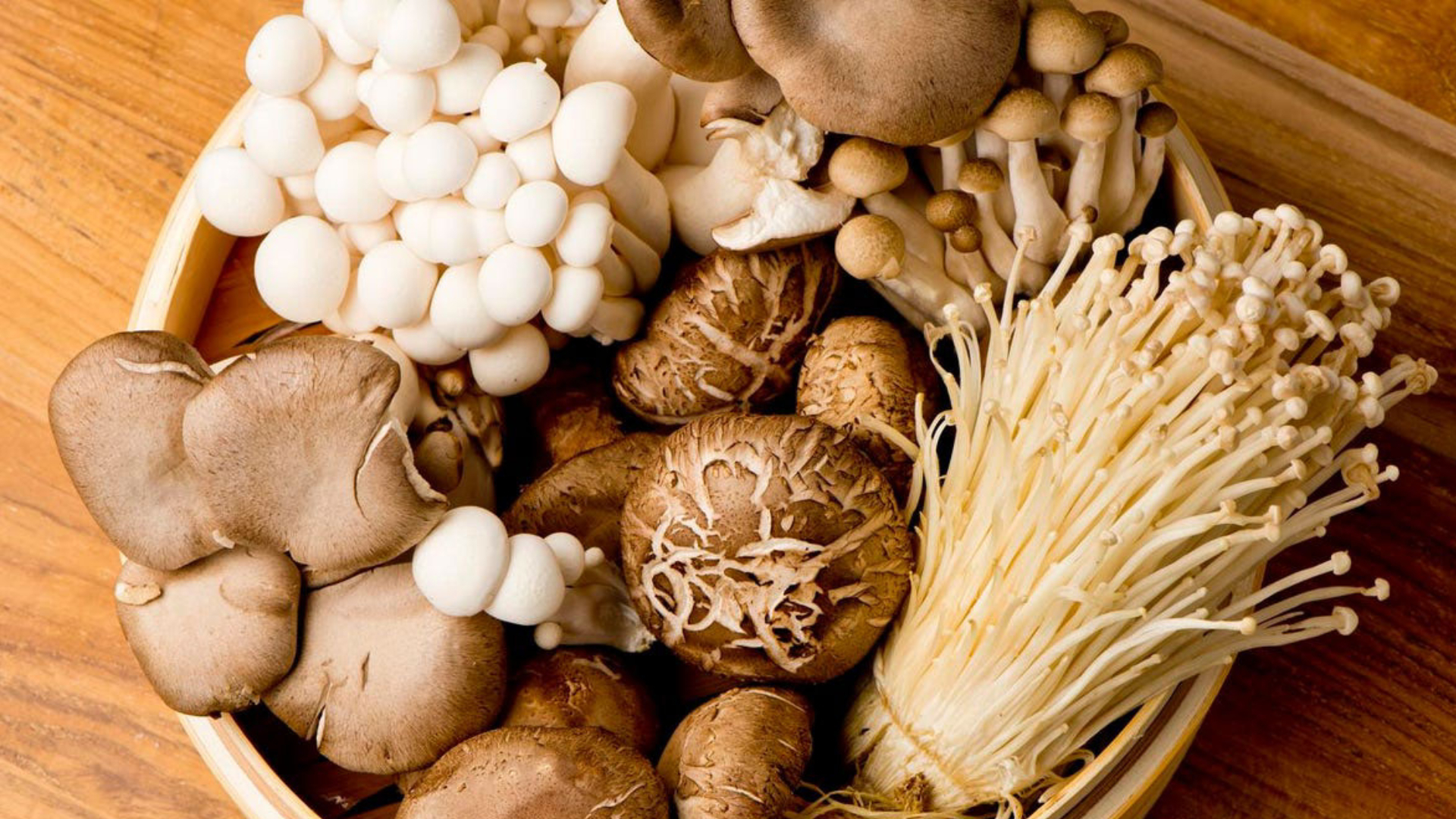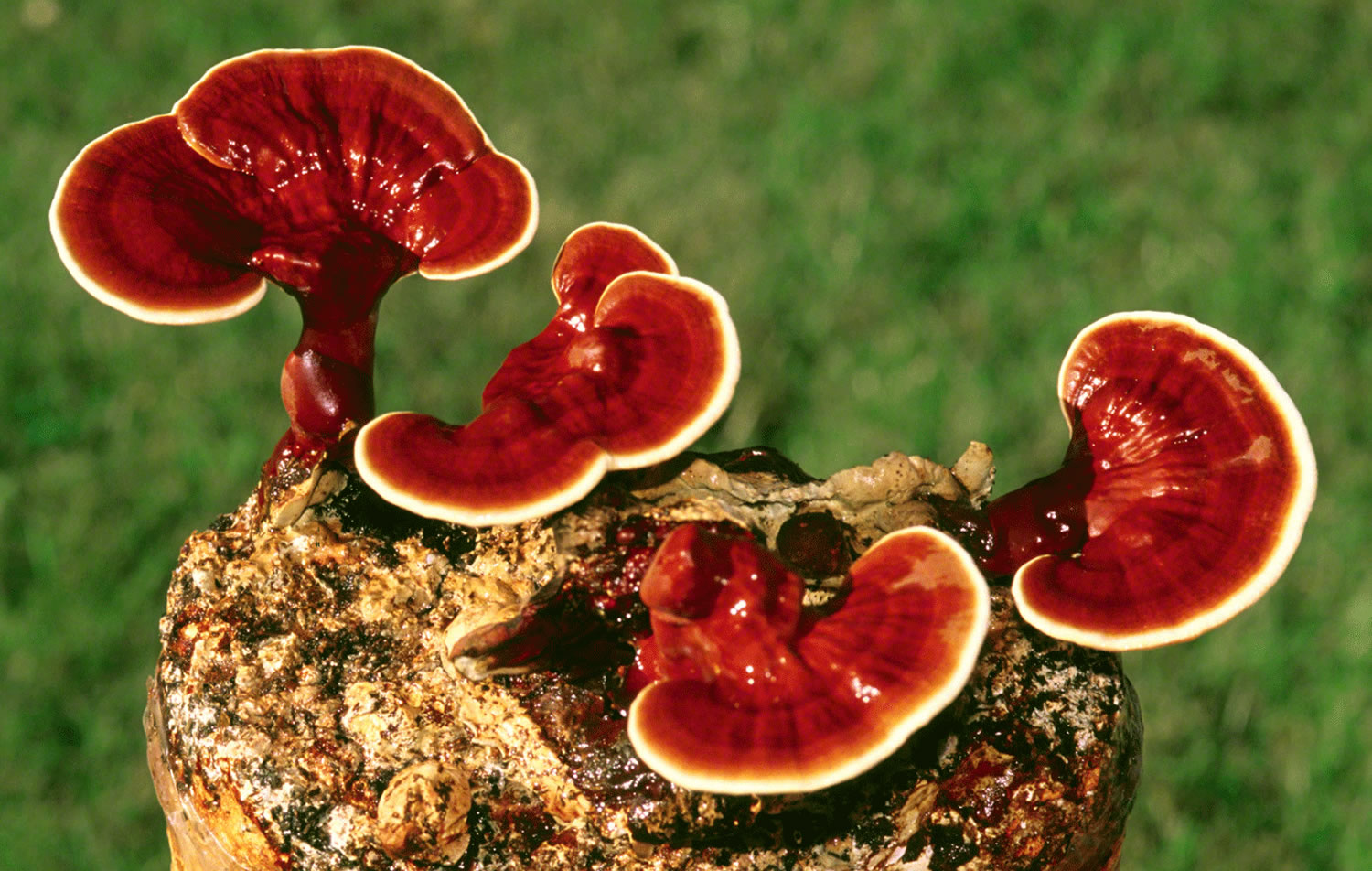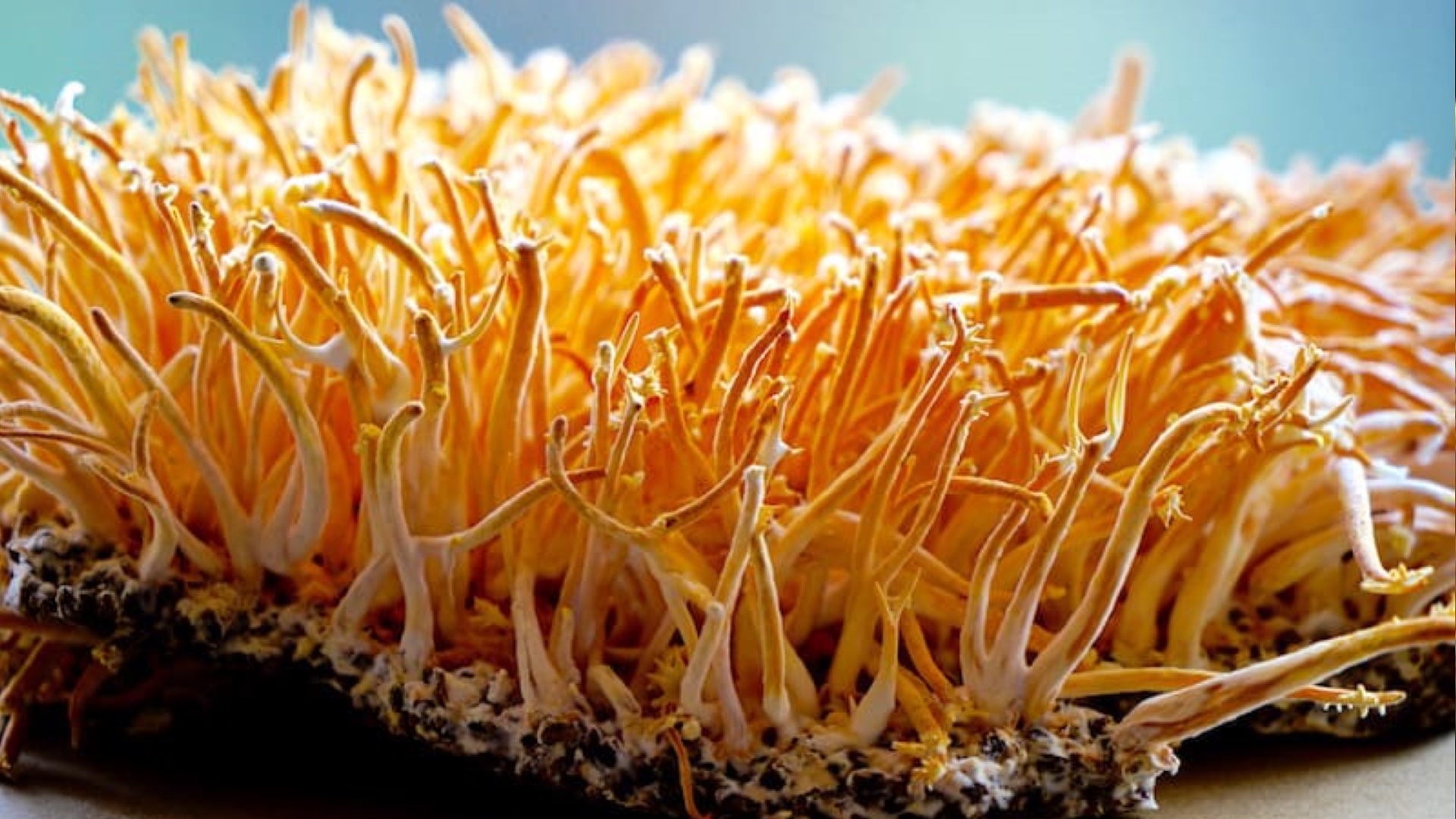Introduction
Nestled in the dense forests of the Northern Hemisphere, the unassuming Chaga mushroom (Inonotus obliquus) has captured the attention of health enthusiasts and traditional medicine practitioners alike. Revered for its potential health benefits, Chaga has a long history of use in Northern European, Siberian, and Asian folk medicine. Often referred to as the “King of Mushrooms,” Chaga stands out in the realm of functional mushrooms for its unique appearance and a rich array of bioactive compounds. In this comprehensive guide, we will explore the diverse advantages of Chaga functional mushrooms, examining their historical use, nutritional components, and the scientific evidence supporting their role in promoting overall well-being.
Understanding Chaga Mushrooms
Chaga mushrooms grow primarily on birch trees in cold climates and are recognized by their distinctive black, charcoal-like appearance. While the exterior may seem rugged, the interior of the Chaga mushroom contains a golden-brown layer known as the “cork” or “conk,” which is harvested for its medicinal properties.
Nutritional Composition
Chaga mushrooms are a rich source of bioactive compounds, including polysaccharides, polyphenols, triterpenes, melanin, and a host of antioxidants. These compounds contribute to the potential health-promoting effects of Chaga, making it a valued functional mushroom.
Historical Use
Chaga has a storied history of use in traditional medicine across various cultures. In Siberia, it has been used for centuries to promote general health and well-being, while in Northern European countries, it gained popularity for its potential immune-boosting properties. Traditional healers in Asia also utilized Chaga for its adaptogenic qualities, viewing it as a tonic for vitality and resilience.
Benefits of Chaga Functional Mushrooms
Immune System Support
Chaga mushrooms are renowned for their immune-modulating effects. The beta-glucans present in Chaga have been studied for their ability to stimulate and regulate the immune system. By enhancing the activity of immune cells, Chaga may contribute to a robust and responsive immune defense against pathogens.
Antioxidant Defense
Chaga is rich in antioxidants, which play a crucial role in neutralizing free radicals in the body. Free radicals are unstable molecules that can cause cellular damage and contribute to aging and various diseases. The antioxidant properties of Chaga contribute to its ability to combat oxidative stress and support overall cellular health.
Anti-Inflammatory Properties
Chronic inflammation is implicated in various health conditions, including cardiovascular disease, arthritis, and neurodegenerative disorders. Chaga mushrooms exhibit anti-inflammatory properties, helping to modulate the inflammatory response and potentially reduce the risk of chronic inflammatory diseases.
Adaptogenic Stress Response
Chaga’s adaptogenic properties make it a valuable ally in managing stress. Adaptogens are substances that help the body adapt to stressors, whether physical, mental, or environmental. By modulating stress response pathways, Chaga may contribute to improved resilience, reduced stress-related symptoms, and enhanced overall well-being.
Cancer Prevention and Supportive Effects
While more research is needed, some studies suggest that Chaga may have anti-cancer properties. Compounds such as betulinic acid found in Chaga have been studied for their potential to inhibit the growth of cancer cells and induce apoptosis (programmed cell death). Additionally, the immune-enhancing effects of Chaga may play a role in supporting the body’s natural defense against cancer.
Gastrointestinal Health
Chaga has been traditionally used to support gastrointestinal health. Compounds in Chaga, including beta-glucans and polysaccharides, may have a protective effect on the digestive mucosa and support the growth of beneficial gut bacteria. This makes Chaga a valuable addition to strategies aimed at promoting a healthy gut microbiome.
Cardiovascular Benefits
Early research suggests that Chaga may have cardiovascular benefits. Compounds like triterpenes found in Chaga have been studied for their potential to lower blood pressure, reduce cholesterol levels, and improve overall cardiovascular health. These effects may contribute to Chaga’s role in supporting heart health.
Liver Support
The liver plays a crucial role in detoxification and metabolic processes. Chaga’s hepatoprotective properties may contribute to maintaining liver function and preventing liver disorders. Traditional uses of Chaga often include its role in supporting liver health.
Practical Considerations and Safety
Dosage and Formulation
Determining the appropriate dosage of Chaga functional mushrooms depends on various factors, including individual health status and specific health goals. Chaga supplements are available in various forms, including extracts, tinctures, and powders. Consulting with a healthcare professional or a qualified herbalist can provide personalized guidance on dosage and formulation.
Quality and Source
The quality and source of Chaga supplements are crucial for their effectiveness. Reputable manufacturers ensure the extraction of bioactive compounds through standardized processes. Third-party testing for purity and potency provides assurance of the product’s quality.
Potential Side Effects
Chaga is generally considered safe for most people when consumed in appropriate amounts. However, some individuals may experience mild side effects, including digestive issues or allergic reactions. It’s advisable to start with a lower dose and monitor for any adverse reactions. Pregnant or breastfeeding individuals and those with pre-existing health conditions should consult with a healthcare professional before using Chaga supplements.
Drug Interactions
Chaga supplements may interact with certain medications, including anticoagulants and antiplatelet drugs. Individuals taking medications should consult with their healthcare provider before incorporating Chaga into their routine to avoid potential interactions.
Conclusion
Chaga functional mushrooms, with their deep-rooted history and emerging scientific support, offer a compelling avenue for those seeking natural ways to support immune function, combat oxidative stress, and promote overall well-being. From its immune-modulating effects and antioxidant properties to its potential role in stress management and cancer prevention, Chaga stands as a versatile and holistic ally in the pursuit of health.
As the popularity of functional mushrooms continues to grow, Chaga occupies a unique place in the tapestry of natural remedies. Whether consumed as part of a balanced diet or incorporated into a carefully formulated supplement, Chaga provides a bridge between ancestral wisdom and modern scientific understanding, offering a comprehensive approach to health that addresses the intricate balance of the body and its innate resilience.




